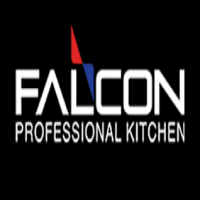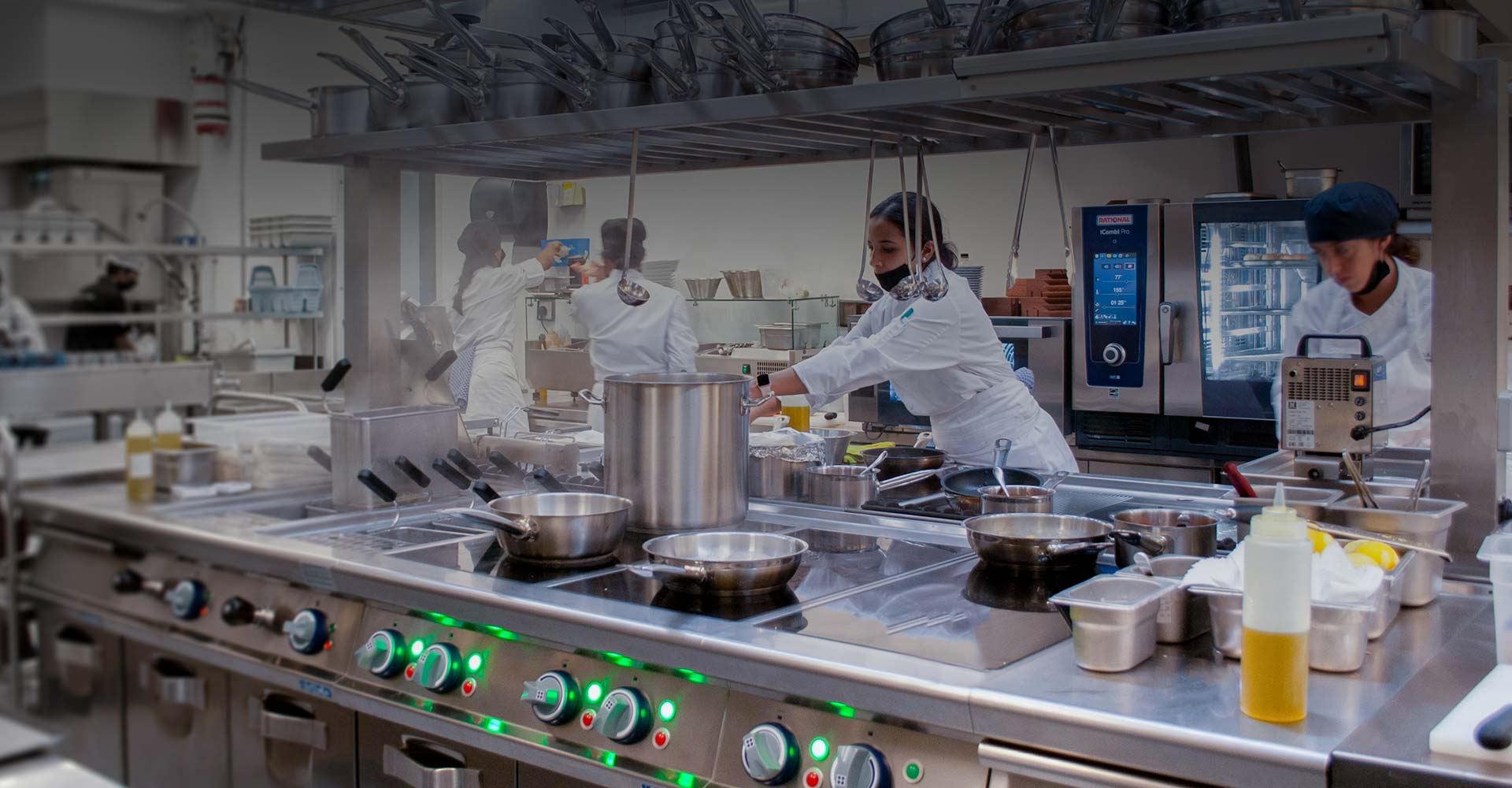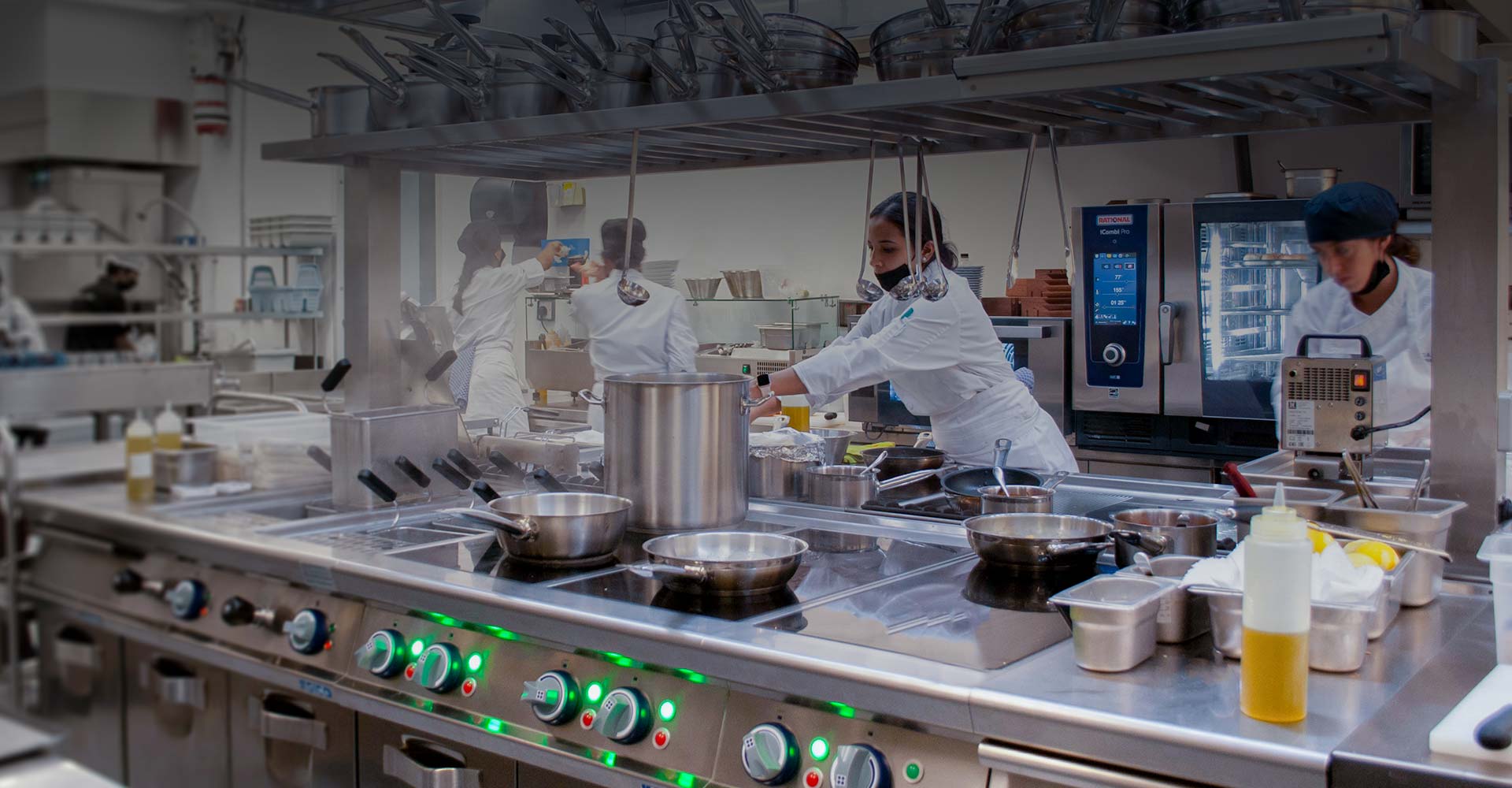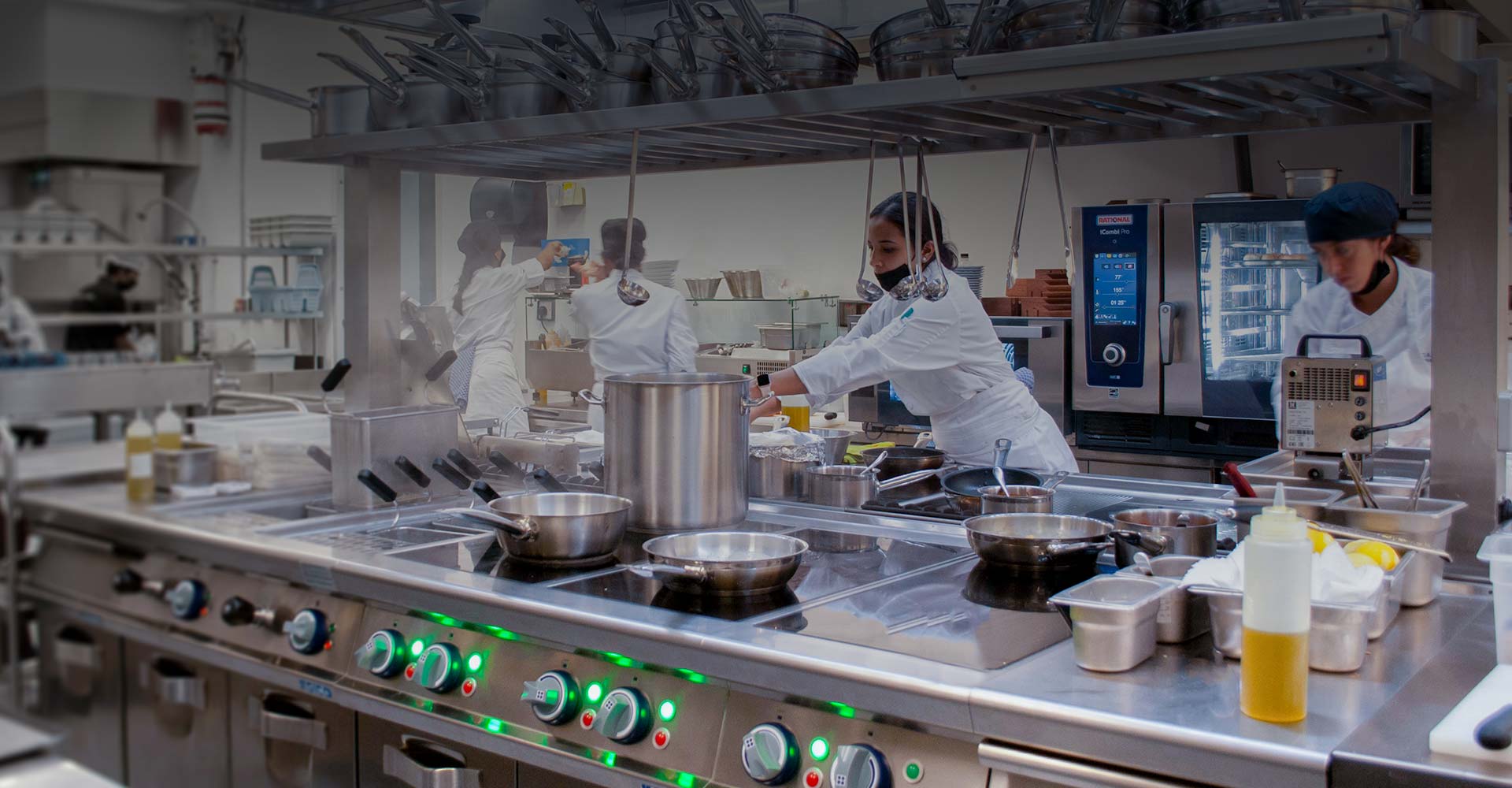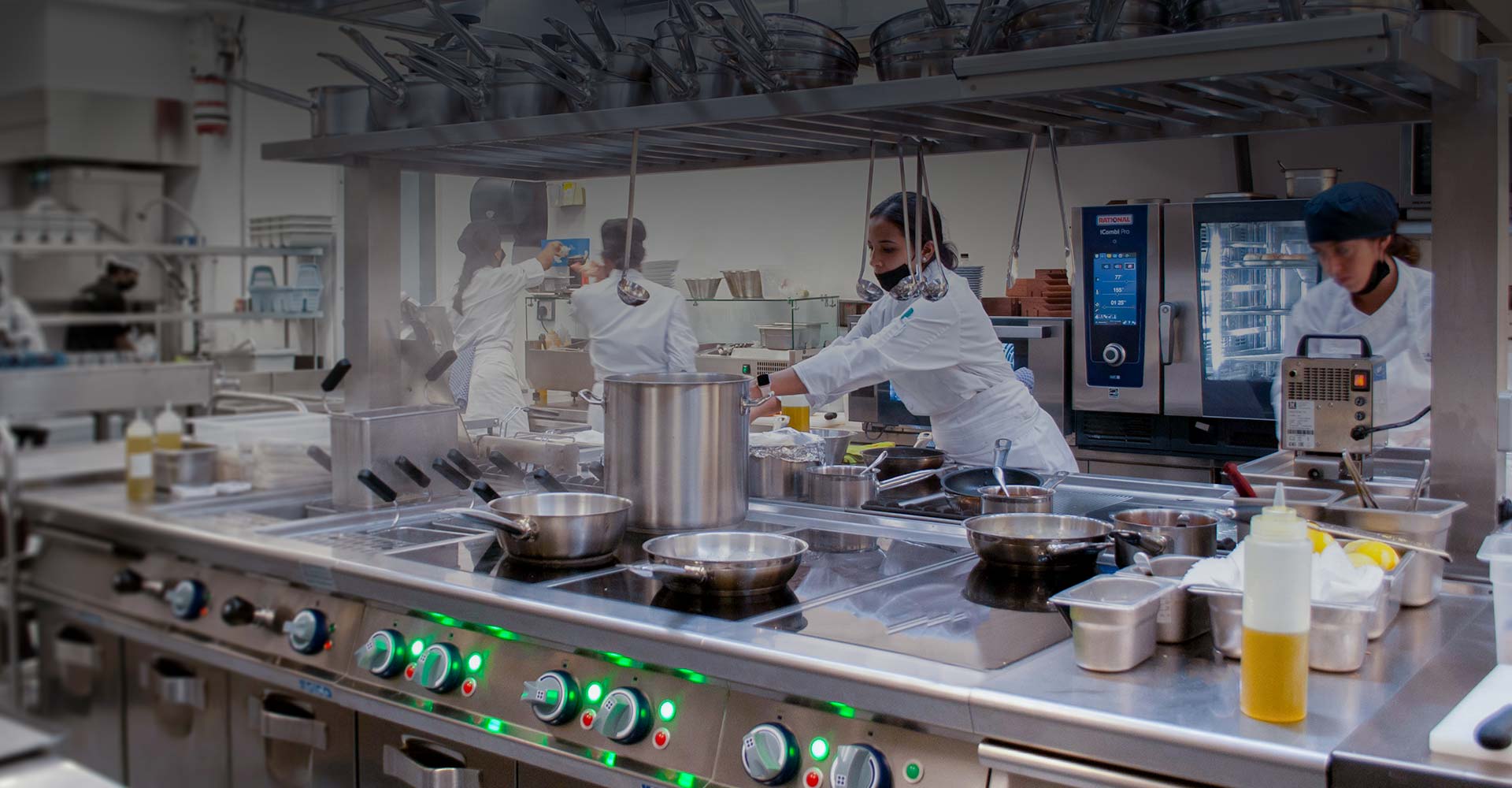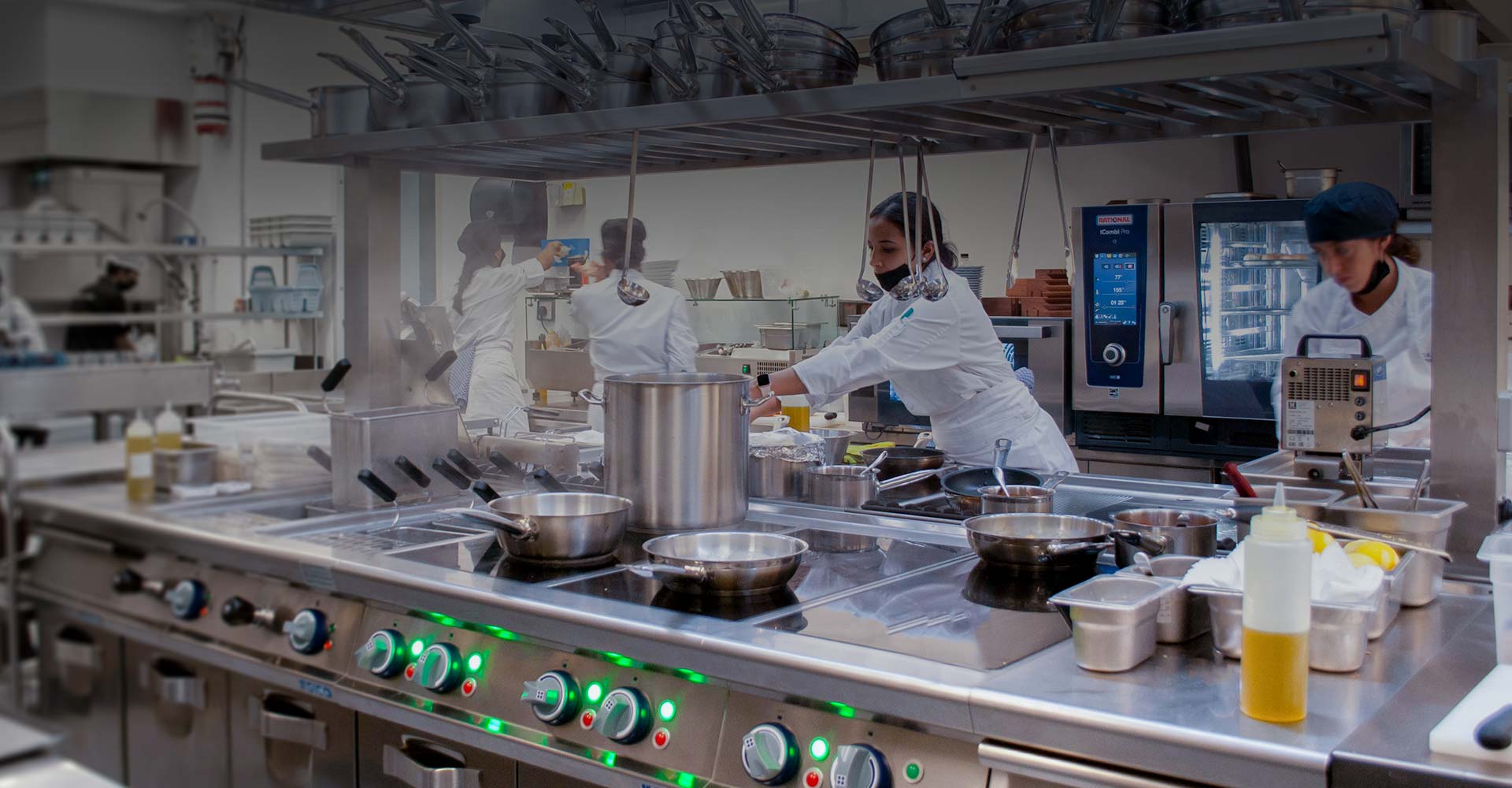The Importance of Quality Control in Professional Kitchen Equipment
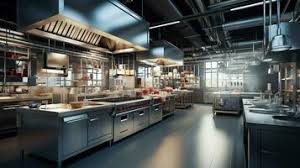
Strong 8k brings an ultra-HD IPTV experience to your living room and your pocket.
In the fast-paced world of foodservice, there’s one thing that can set a kitchen apart from its competitors—quality control. Imagine running a restaurant or catering company where equipment fails during a big event or doesn’t perform up to standard. The nightmare scenarios could cost you customers, time, and money.
But how do you ensure that the professional kitchen equipment you invest in will consistently perform at its best? The answer lies in strict quality control. From manufacturing standards to ongoing maintenance, ensuring the quality of your kitchen equipment is essential for long-term success in the culinary business.
What Does Quality Control Mean for Professional Kitchen Equipment?
Quality control, in the context of professional kitchen equipment, involves a rigorous process that ensures each product meets high standards before it hits the market. It’s not just about making sure the equipment works; it’s about making sure it works reliably, efficiently, and safely. Manufacturers need to meet industry standards and regulations, and those who adhere to strict quality control processes are the ones worth trusting.
Would you want to risk using equipment that hasn’t been thoroughly tested? Of course not! Quality control is your insurance policy that your kitchen tools will perform when you need them most.
Why is Quality Control So Important in a Professional Kitchen?
When it comes to professional kitchens, having high-quality, reliable equipment is non-negotiable. Here's why:
1. Consistent Performance
No chef wants to deal with equipment that performs inconsistently. Whether it's a stove that doesn't heat evenly or a refrigerator that fails to keep ingredients fresh, unreliable tools lead to inconsistent results. And in the world of foodservice, consistency is key. Customers expect the same level of quality every time they dine with you.
2. Maximizing Efficiency
A professional kitchen operates like a well-oiled machine, with each piece of equipment playing a crucial role. When equipment is high-quality and regularly maintained, it works more efficiently, cutting down on prep time, cooking time, and even cleaning time. Efficient kitchens run smoother, which means you can serve more customers faster without compromising on quality.
3. Preventing Downtime and Costly Repairs
There’s nothing worse than equipment breaking down in the middle of a busy service. Not only does this throw off your entire operation, but it can also lead to costly repairs or replacements. When quality control is prioritized, equipment is built to last, meaning fewer breakdowns and less downtime.
Safety First: Ensuring Food Safety and Employee Well-Being
1. Adherence to Safety Standards
In any commercial kitchen, safety should always be a top priority. Faulty equipment can lead to accidents, which can harm employees or cause damage to the kitchen. Quality control ensures that equipment meets safety standards, minimizing the risk of injuries and ensuring that your kitchen is a safe working environment.
Plus, equipment that’s properly inspected helps maintain food safety standards. Refrigeration units, for instance, must consistently maintain the correct temperatures to keep ingredients fresh and safe for consumption. If these units fail, the risk of foodborne illnesses increases—a serious issue that can severely damage your business's reputation.
2. Compliance with Industry Regulations
Professional kitchen equipment is subject to various industry regulations and certifications, including food safety standards, electrical safety, and environmental guidelines. Equipment that passes stringent quality control processes will comply with these regulations, giving you peace of mind that you’re not violating any laws.
How Quality Control Contributes to Sustainability
The culinary world is increasingly turning toward sustainability, and quality control plays a significant role in this shift. High-quality, well-maintained equipment is often more energy-efficient, which means it consumes less power and generates less waste. This not only helps the environment but also reduces operational costs for your business.
1. Energy Efficiency and Durability
Equipment that’s been rigorously tested for quality control tends to be more durable and energy-efficient. This means it will last longer, reducing the need for frequent replacements. Moreover, energy-efficient equipment consumes less power, which can significantly lower your utility bills and reduce your carbon footprint.
2. Long-Term Cost Savings
While high-quality kitchen equipment may require a larger initial investment, it pays off in the long run. You’ll spend less on repairs and replacements, and your energy bills will be lower. Plus, sustainable equipment often qualifies for tax incentives or rebates, further adding to your savings.
The Role of Regular Maintenance in Upholding Quality
Even the best kitchen equipment needs regular maintenance to ensure it continues to perform at its best. Just like a car, your kitchen equipment needs routine check-ups to catch any potential issues before they turn into costly repairs. Regular inspections can help ensure that your equipment remains energy-efficient and meets safety standards over time.
Conclusion
Quality control is the backbone of any successful kitchen operation. Whether you're running a small restaurant or a large-scale catering business, investing in professional kitchen equipment that meets high-quality standards will save you time, money, and headaches in the long run. From consistent performance to energy efficiency, the benefits of prioritizing quality are undeniable.
Looking to upgrade your kitchen with top-of-the-line equipment? Visit Falcon Kitchen to explore a wide range of professional kitchen solutions that combine durability, efficiency, and innovation.
FAQs
1. What is the role of quality control in professional kitchen equipment?
Quality control ensures that all kitchen equipment meets high standards for performance, safety, and durability. This process minimizes the chances of equipment failure and ensures consistent quality in your kitchen operations.
2. How does quality control impact food safety?
By ensuring that refrigeration units and cooking equipment work efficiently and maintain correct temperatures, quality control plays a critical role in maintaining food safety and preventing foodborne illnesses.
3. Is it worth investing in high-quality kitchen equipment?
Absolutely! High-quality equipment is more reliable, durable, and often energy-efficient, which saves you money in the long run on repairs, replacements, and utility costs.
4. How can I maintain the quality of my kitchen equipment?
Regular maintenance, including inspections and cleaning, will help keep your kitchen equipment performing at its best. It's essential to follow manufacturer guidelines for upkeep to extend the life of your equipment.
5. Where can I find reliable professional kitchen equipment?
You can explore a wide range of high-quality, reliable professional kitchen equipment at Falcon Kitchen, offering solutions for all your commercial kitchen needs.
Note: IndiBlogHub features both user-submitted and editorial content. We do not verify third-party contributions. Read our Disclaimer and Privacy Policyfor details.

